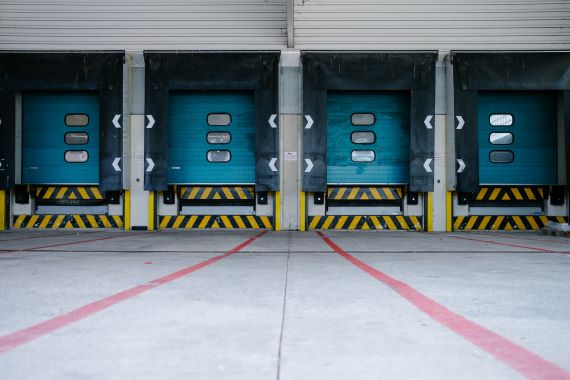The pandemic coronavirus has reached nearly every corner of the globe. Besides its impact on human life, we’re witnessing COVID-19 effects on the economy and specifically the disruption in supply chains around the world.
COVID-19 took the world by surprise. Despite significant efforts to contain the virus, over 200 countries have reported positive cases and containment has proven nearly impossible without drastic shelter-in-place directives from local governments. To say the pandemic is affecting supply chains is an understatement, but the full impact cannot yet be known.
Of course, China’s role in the global supply chain is of considerable concern. There has been a significant disruption in the supply of raw materials from China and affecting countries worldwide as China is the only source for some raw materials.
Companies that assume because they are without direct suppliers in China, they are safe from disruption could be making a mistake. Many organizations lack visibility beyond Tier 1 suppliers, which is not deep enough to understand and manage the supply-side risks of a multiple tier chain.
And as the virus continues to be a challenge to control, it becomes equally unpredictable how long supply restrictions will remain in place. Once the sourcing channels return to normal, there will be further difficulties in predicting how long it will take to ramp back up to speed.
Businesses that rely on human intelligence and personal relationships to overcome supply chain challenges could be in trouble. The coronavirus has created a situation where people are working from alternative locations with essential paperwork not as accessible. With the purchase order or invoice in another physical location, it makes the process disconnected. If these workflows were a struggle pre-pandemic, they would prove impossible to maintain through and beyond this crisis.
Organizations that can detect their supply chain exposure are better prepared to mitigate the risks and see a lighter impact than those who can’t. These companies have developed and implemented risk management strategies, so they’re able to manage the raw materials to meet customer demand.
For companies in either category, the long-term questions surround what they’ll learn from this disruption. It would be easy to view this crisis is an isolated incident, but companies cannot become complacent and should instead prepare for the next one.
The problem with ensuring a company is ready for the next crisis is that preparation is expensive and time-consuming. The immediate focus should be on improving visibility into their supply chain risks, both in-house and those facing their suppliers. Without being able to identify potential supply chain problems, companies cannot adequately prepare for, prevent, or manage them.
This level of visibility will likely require a new, digitized approach that leverages artificial intelligence and machine learning to expose supply issues more quickly.
Since the outbreak has affected the global supply chain by creating variable demands and a shortage of products from China, there will be a domino effect that lasts into the foreseeable future. That’s where real-time visibility, AI, and machine learning play a significant role in minimizing risk and protecting companies in uncertain times.
Inventory Visibility: Through AI and ML, companies can better predict demand and adjust inventory ahead of demand.
Supply Prediction: AI and ML allows companies to better predict when supplies will arrive so they can prepare for shortages.
Resiliency: AI and ML gives companies the flexibility to adapt and overcome issues that affect shipping and receiving materials on time.
Once a disruption subsides, these solutions help companies return to normal – if there is such a thing. Artificial intelligence-enabled technology can make automated recommendations to meet the next phase of supply-and-demand while collecting the data needed to prepare for a crisis in the future.
Once we’re finally able to move past COVID-19, there will be companies who ignore the possibility of such a disruption ever happening again. Unfortunately, that’s a significant risk to take. The companies taking the lead in the days ahead will be those able to use this opportunity to put solutions in place to remain prepared for future disruptions.



